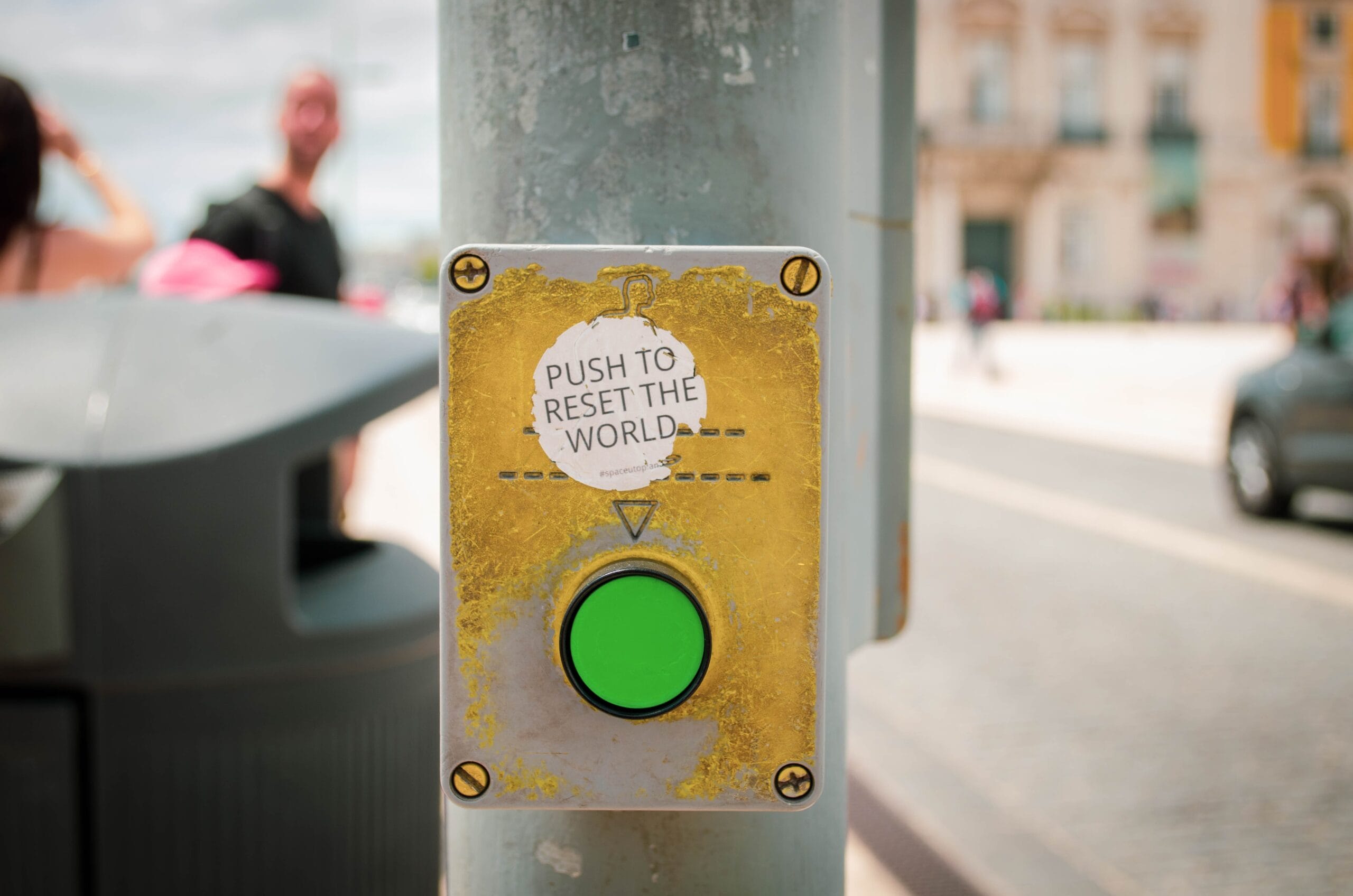by JD M.
Step Seven: “Humbly asked Him to remove our shortcomings.”
Easy step, I thought. Recite a simple prayer. Ten seconds at most. Then, as the Big Book says, “We have then completed Step Seven” and we move on to make amends.
Boy, have my understanding and especially my practice of this step sure changed over the years. It has become the step that, next to Step One, is most central to my maintenance of a fit spiritual condition.
The keys are all there in the Step Seven prayer:
My Creator, I am now willing that you should have all of me, good and bad. I pray that you now remove from me every single defect of character which stands in the way of my usefulness to you and my fellows. Grant me the strength, as I go out from here, to do your bidding.
Perhaps the most profound change in my program from its early days has been my understanding of the term “defects of character.” When I first started to look at AA’s 12 Steps, I already thought of myself as hugely defective. That term seemed like an invitation to further shame myself, to pick away at old scabs.
And I felt hopeless when I heard people sharing at meetings, saying that they had defects like fear, over-sensitivity, willfulness and selfishness — and even an ongoing desire to drink. Am I really going to be fearless and selfless? We think not!
Over time, though, I picked up clues from various sources which have led me to a more practical understanding of character defects. I now see them primarily as defense mechanisms which I use to cope with situations that feel unsafe. Developed in childhood, they make use of my best innate skills and aptitudes to try to manipulate the people around me and the situations I encounter or perceive. And I’ve honed those behaviours through decades of practice.
In this context, fear (or sadness or loneliness) is not a defect of character – it is a natural feeling which is there for a reason. It is my response to fear that can be “defective.”
My over-sensitivity isn’t a defect, it’s just part of who I am. But it tends to exaggerate my feeling of fear (or sadness or loneliness), so that my defenses are too easily triggered. And since my defenses are based on a childlike self-centredness in an attempt to manipulate the world around me, they tend to drive other people away, to destroy my connections to the world. The world responds accordingly and I feel even more fearful, lonely and sad.
In this context, that middle sentence of the Step Seven prayer makes much more sense. What I’m asking for is to change my behaviour so that I can be of service, connected to the world and its people. It is a natural development from Steps Four and Five, where I get to look at and start to understand my conduct (especially when triggered by resentments and fears) and in Step Six, where I become willing to explore new, more mature behaviours.
Step Six has involved a ton of work for me outside of AA, including involvement in programs like ACoA, CODA and Al Anon, as well as various forms of therapy. Each of these has given me new awareness, new language and new practice. This step has helped me to see the true me, how and why I behave as I do, and has started to give me some grace – which I experience as an awareness or feeling, a moment where I have a chance to stop or to do it differently.
Grace is a gift that I can work hard for, but my hard work is not enough. Once again, I can try to manipulate the outcome. I can get discouraged and resentful when I don’t get quick results or worse, when I have previously had good results but then take a step backward. I can beat myself up big-time, which just makes it worse. This is where Step Seven comes into play, as outlined in the first and third sentences of the Step Seven prayer.
I practiced those old self-centred ways for decades. If I’m hungry, angry, lonely or tired (especially tired) my over-sensitivity kicks in, grace erodes and I’m likely to revert to them. “All of me, good and bad” is the realization and acceptance that I am human and fallible, that it can take years of practice for a new behaviour to even have a chance of becoming my new default setting. That is real humility.
I have to trust that I’m on the right path, that I’ll be okay, and ask that I be granted “… the strength, as I go out from here, to do your bidding.” It’s really hard to practice being open and honest, or sometimes to just shut up! I sometimes have to hit this “reset button” many times a day. Ugh. Thy will, not mine, be done. Make me an instrument of your peace.

